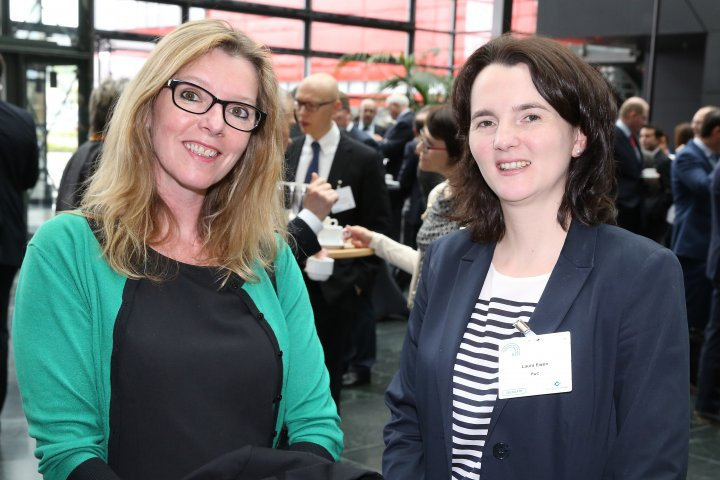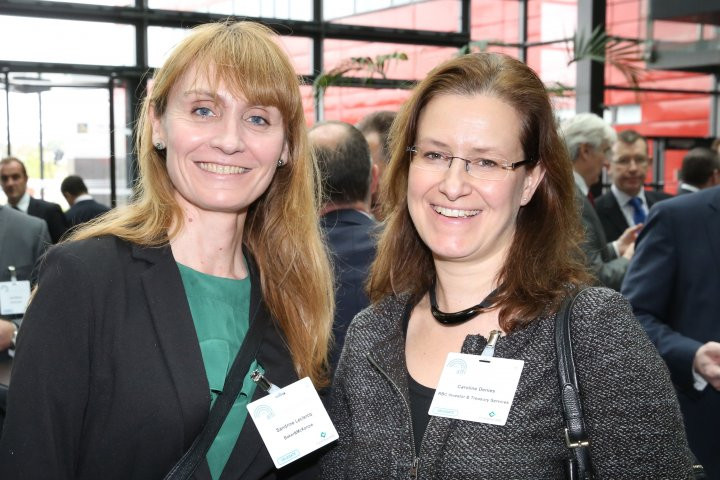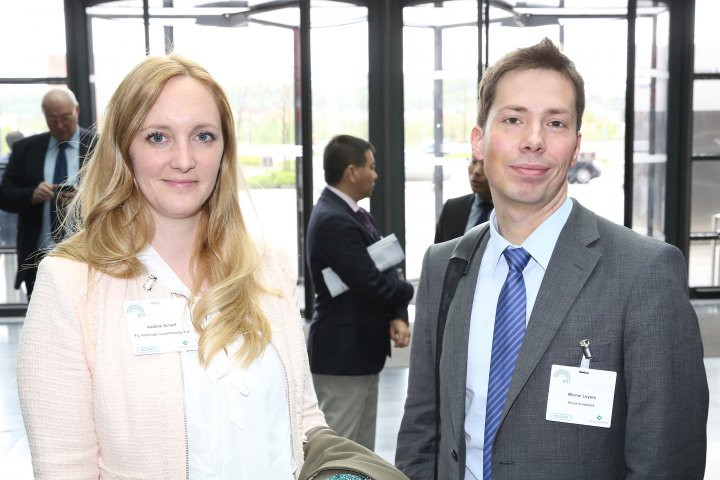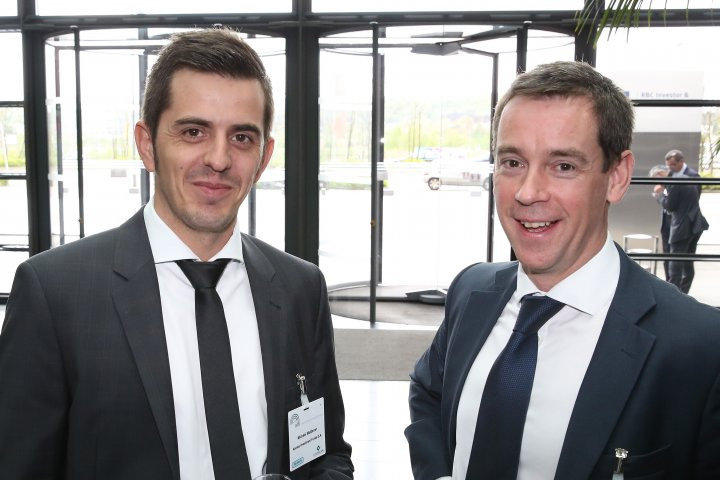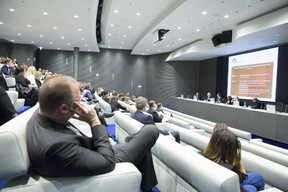The industry is managing to digest new regulations but not everything is working out as well as was hoped. This was the broad conclusion of a panel discussion at an Association of the Luxembourg Fund Industry conference on global fund distribution on Wednesday.
Although entitled “Is global distribution getting more efficient and are investors getting the benefits of new regulations?” the roundtable took a more detailed view of problem areas. There are still some bumps in the road to be negotiated with Mifid II and AIFMD, but there was more fundamental scepticism about the European Commission’s plans for the proposed European Long Term Investment Fund vehicle.
Internet advice?
One of the key parts of Mifid II is the idea of seeking to eliminate conflicts of interest by preventing fund companies paying financial advisors that sell their products. However, Jean-Christian Six of the law firm Allen & Overy in Luxembourg suggested that the result might be for the small investor to end up receiving no advice at all, as independent guidance would be too expensive. “I think the solution might be web-based distribution,” he said, with sites being able to offer decent basic generic advice.
This is possible, but there is little such distribution at the moment, pointed out Claude Niedner of Arendt & Medernach in Luxembourg.
This directive also puts restrictions on sales depending on whether funds are deemed to be “complex” or “not complex”. Evelyne Christiaens, head of ALFI’s legal department suggested this was not such a problem as a recent ALFI survey said that under existing UCITS rules only 3-5% of Luxembourg funds are complex. This might change with UCITS VI. She also suggested the current process of agreeing Mifid II level two regulations might be disrupted if a rumoured reshuffle of commission officials takes place.
Non-EU alternative fund managers appear to be able to circumvent the AIFMD by using private placement schemes, Hermann Beythan of Linklaters in Luxembourg pointed out. Such is the success of this technique, that Nieder highlighted a recent Deutsche Bank survey which suggested that 90% of non-EU managers are not bothered about being granted an EU AIFMD passport, even if one were made available. The panel also pointed to how rules regarding alternative fund marketing seem to be nearing completion.
EU infrastructure fund
As for ELTIFs: “good intentions” but “badly drafted” was Six’s verdict. Designed to help channel private savings into long term company and infrastructure investment, he said the proposed regulation was just too heavy. These funds would need to be AIFMD compliant, as well as meeting new rules related to ELTIFs.
That said, Niedner pointed to signs that the new UK European commissioner with responsibility for financial services was taking a more liberal approach than his French predecessor.
So although the investor may not necessarily benefit, Luxembourg is the global centre for finding solutions to problems such as these. Also, Niedner said the global brand of Luxembourg funds remains strong, with Asia still full of promise.









